
In November 2025, actress Ruby Rose ignited a firestorm by publicly attacking Sydney Sweeney on social media, calling her a “cretin” and accusing her of ruining the biopic Christy.
The $15 million film, directed by David Michôd, opened to a disastrous $1.3 million across 2,000+ theaters—a commercial collapse that triggered industry-wide recriminations and exposed deep tensions over casting, representation, and authenticity in biographical storytelling.
Casting Changes and Representation Concerns

The controversy stems from alleged casting changes that replaced an LGBTQ-centered narrative with a heteronormative version. Rose’s original involvement reportedly gave way to Sydney Sweeney’s casting, a shift critics argue alienated the LGBTQ+ audience integral to boxer Christy Martin’s legacy.
Additionally, Sweeney’s Republican voter registration in Florida fueled speculation that political ideology influenced creative choices, deepening industry divisions over who should tell marginalized stories.
LGBTQ+ Audiences Reject the Film

LGBTQ+ audiences, expecting authentic representation in Christy Martin’s story, stayed away from theaters. The film’s poor debut reflected boycotts and negative word-of-mouth across social media.
Streaming platforms and independent cinemas reported low demand, indicating that core demographics felt alienated by the film’s casting and creative direction.
Studios Reassess Biographical Film Strategy

The Christy controversy has raised industry questions about casting decisions in LGBTQ+-centered stories. Some production companies have begun discussing potential consultation protocols with community stakeholders for future biographical projects, though formal policy changes have not yet been announced.
Industry observers suggest that casting choices in sensitive biographical material may face greater scrutiny in development, though it remains unclear whether this represents a widespread shift or localized responses to the controversy.
Documentary and Podcast Alternatives Surge

The controversy has potentially highlighted audience interest in authentic LGBTQ+ storytelling about Christy Martin. Independent filmmakers and podcast networks may explore alternative narratives, though specific development deals have not been publicly announced at this time.
The success of this narrative could influence future development at streaming services, though no formal acceleration of LGBTQ+-led biographical content has been confirmed.
European Distributors Withdraw Support
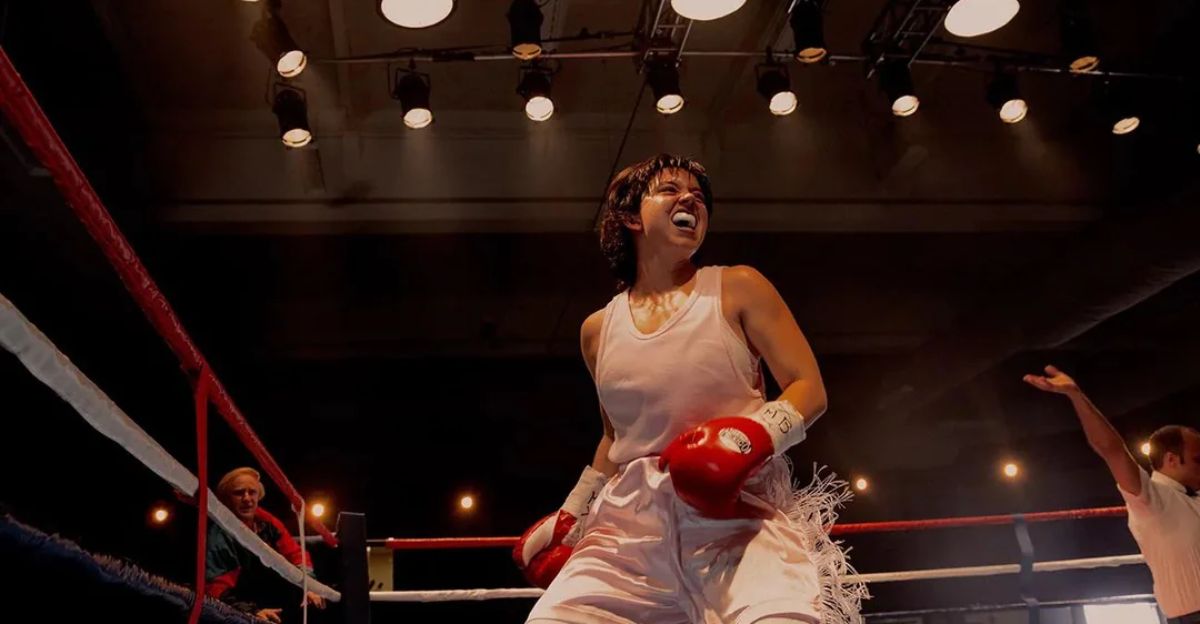
Prior to its November release, Christy secured international distribution across key markets including Germany, France, and the UK, with distributors such as Tobis Film, Metropolitan Filmexport, and Black Bear acquiring theatrical rights.
The film’s performance may inform future international acquisitions of biographical material, as distributors evaluate audience reception metrics and casting authenticity discussions alongside commercial potential.
Christy Martin Defends Sweeney, Complicating the Narrative
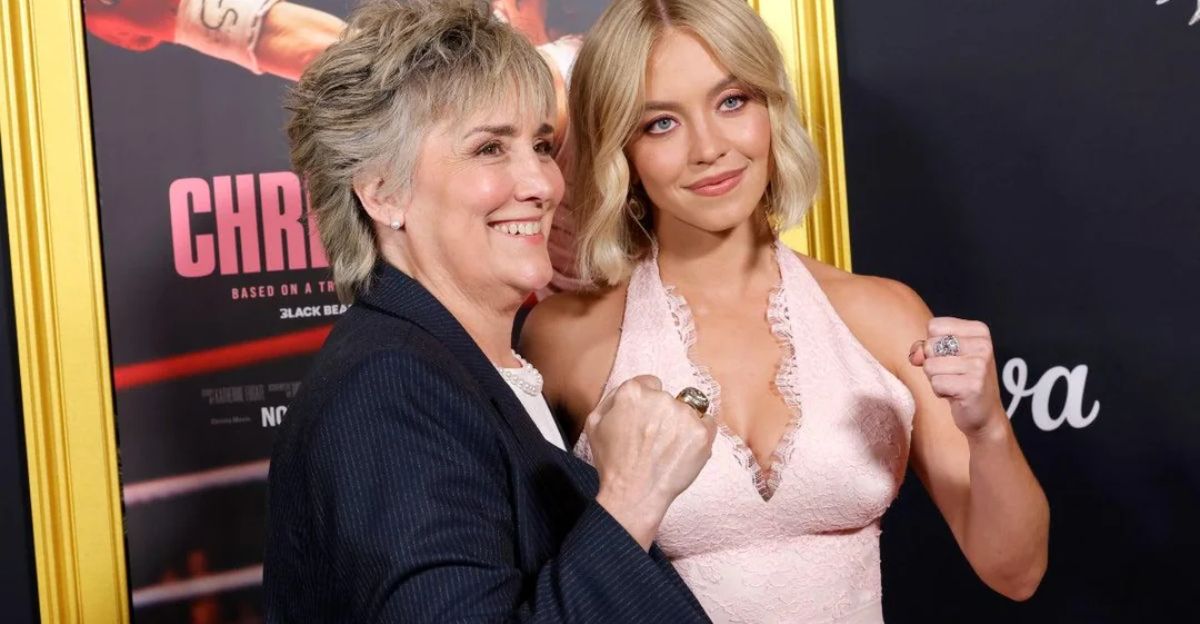
Boxer Christy Martin intervened by posting on Instagram in defense of Sydney Sweeney, calling her a “friend and ally” who “worked her ass off” to honor the story. Martin highlighted Sweeney’s commitment to raising awareness about domestic abuse survival.
Her support complicated the public narrative, revealing divisions within the affected community and humanizing Sweeney’s intentions beyond political interpretation.
LGBTQ+ Advocacy Groups Demand Industry Accountability
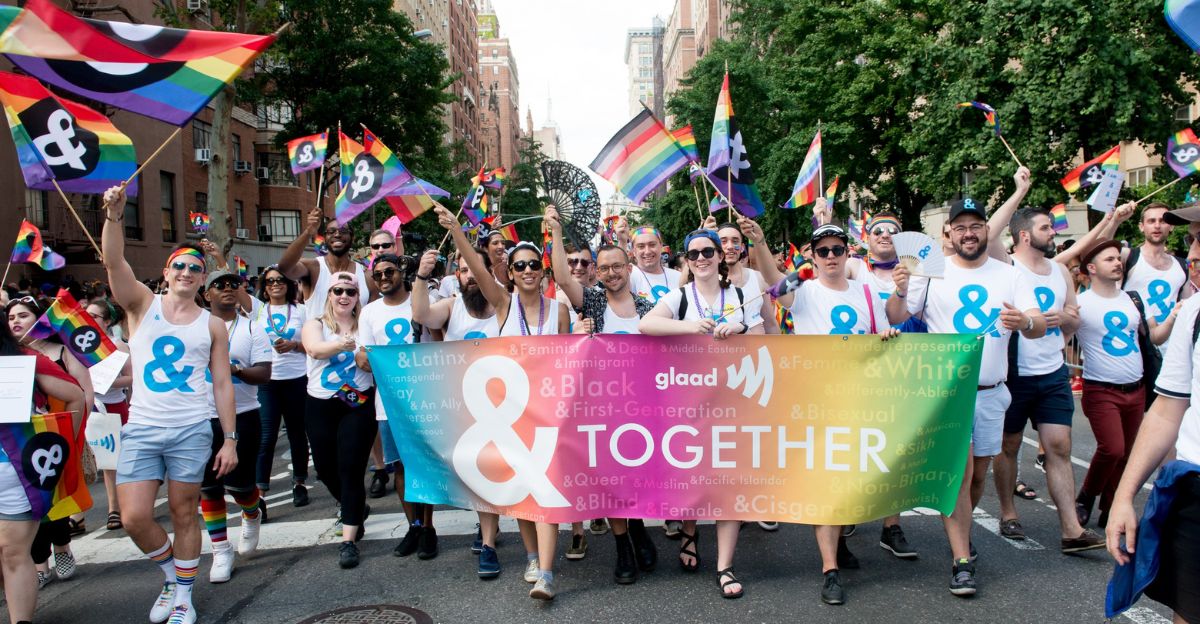
The Christy controversy has potential implications for advocacy groups focused on LGBTQ+ representation. Community stakeholders have historically advocated for greater consultation in biographical casting decisions, particularly for stories centered on queer figures.
Should advocacy groups respond formally to the Christy casting decisions, discussions could emerge about diversity and inclusion protocols in production. However, no specific statements or formal industry standards have been announced to date.
Box Office Losses Trigger Accountability Measures

The Christy opening represents a significant commercial setback with potential implications for future biographical projects. Industry observers note that perceived reputational risk may influence future green-light decisions for films involving contested casting choices.
Studios, insurers, and completion bond firms continue standard pre-production oversight procedures. Should patterns emerge from underperforming biographical films, risk assessment practices may evolve, though no formal policy changes have been announced.
Limited Physical Media Release

Physical media and streaming distribution strategies for Christy remain in development. The film’s theatrical performance will likely influence acquisition decisions at retail and streaming outlets, as distributors assess audience demand across formats.
Future physical media releases and streaming platform strategies may reflect the theatrical reception, though specific distribution decisions have not yet been announced.
Hospitality and Awards Season Recalibration

Christy‘s inclusion in festival programming and awards conversations reflects its significance as a major biopic release. The film’s reception may inform future festival and awards discussions about biographical casting and community engagement.
Industry observers suggest that biographical films may continue to face questions about casting authenticity and community consultation, reflecting broader ongoing conversations in the industry.
Talent Agencies Revise Protocols
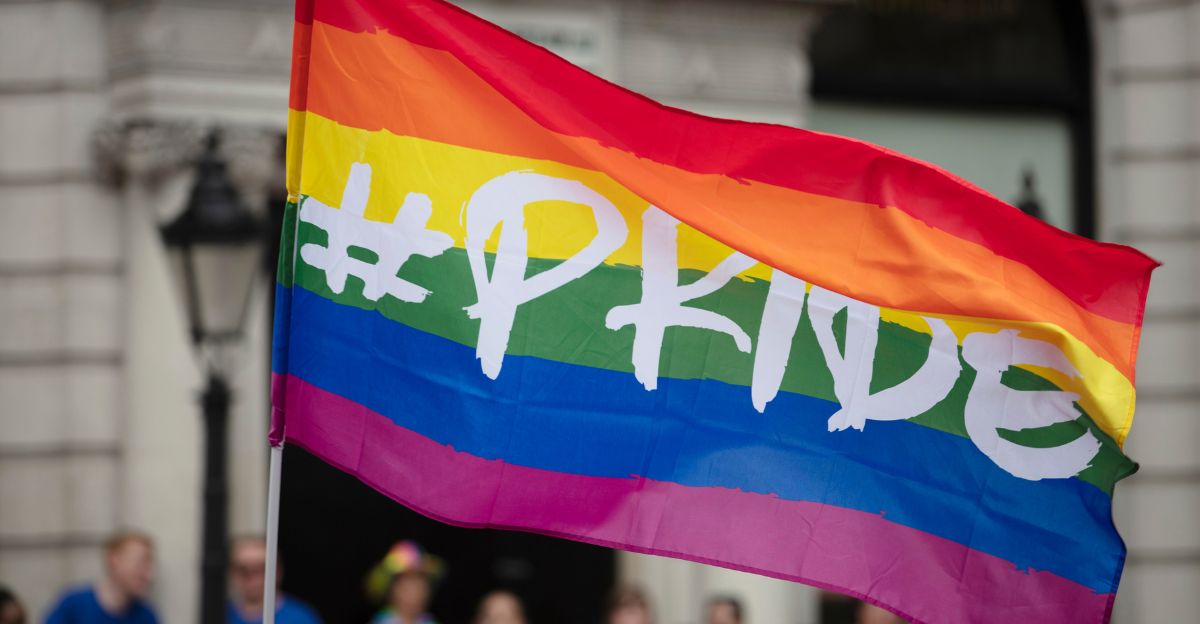
Talent representatives working with LGBTQ+ actors may consider the Christy situation when evaluating biographical projects. Existing practices of due diligence on casting and creative control continue, with agents considering community reception and representation concerns among standard risk factors.
Should the Christy controversy spark broader industry discussion, representation practices for biographical projects may evolve, though no formal protocol changes have been announced by major talent agencies.
Audiences Question Hollywood Authenticity
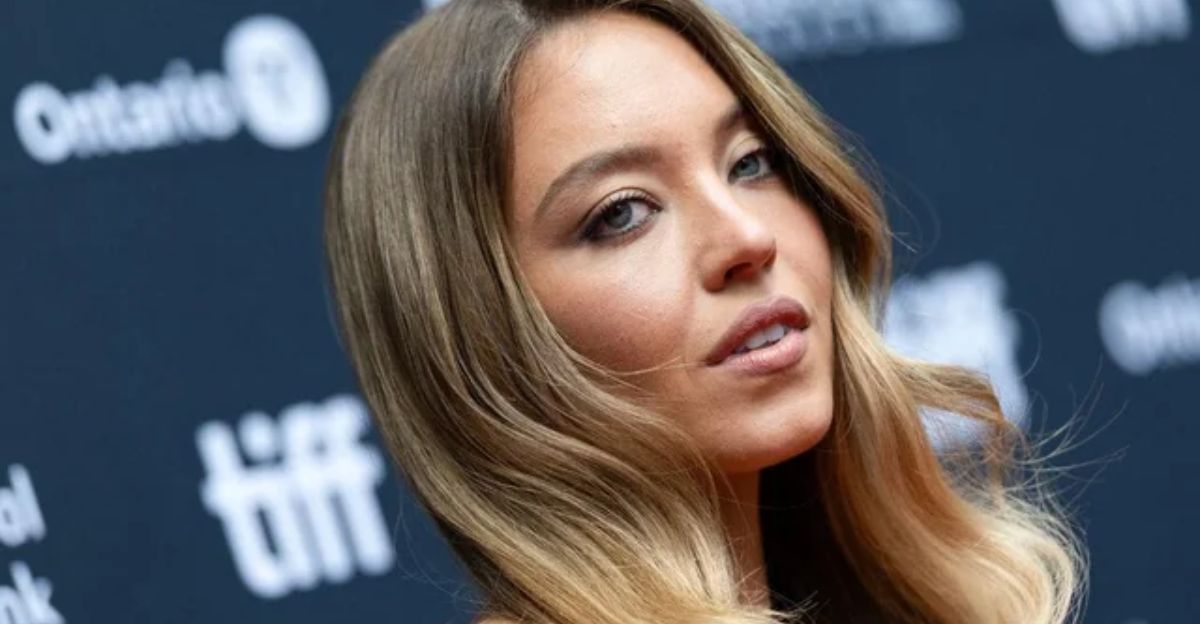
Audiences in Canada, Australia, and Western Europe expressed growing skepticism toward Hollywood’s commitment to authentic representation. Online discourse framed the Christy controversy as emblematic of broader industry failures to center marginalized voices.
International critics began more rigorously examining casting decisions, with some publications adopting editorial standards that require community consultation disclosures in reviews.
Domestic Abuse Awareness Campaigns Recalibrate

Organizations focused on domestic abuse prevention, including the National Domestic Violence Hotline, reassessed entertainment partnerships. The controversy underscored risks of aligning with films viewed as exploitative or inauthentic. Nonprofits began insisting on creative consultation rights before endorsing biographical projects depicting trauma narratives.
Authenticity vs. Commercial Viability
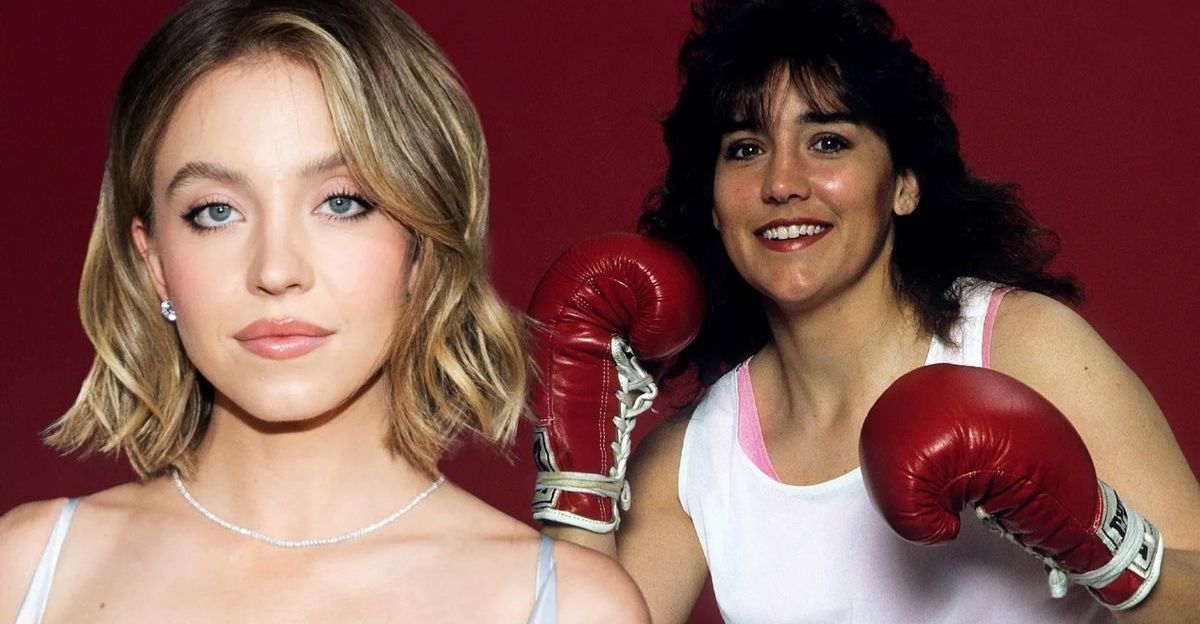
The Christy controversy crystallized broader debates over whether biographical films should prioritize commercial appeal or community authenticity.
Critics and scholars questioned whether studios can authentically represent marginalized figures without centering those communities in creative processes. This debate now extends to Indigenous, environmental, and immigrant narratives seeking greater control over representation.
Independent Creators Gain Leverage
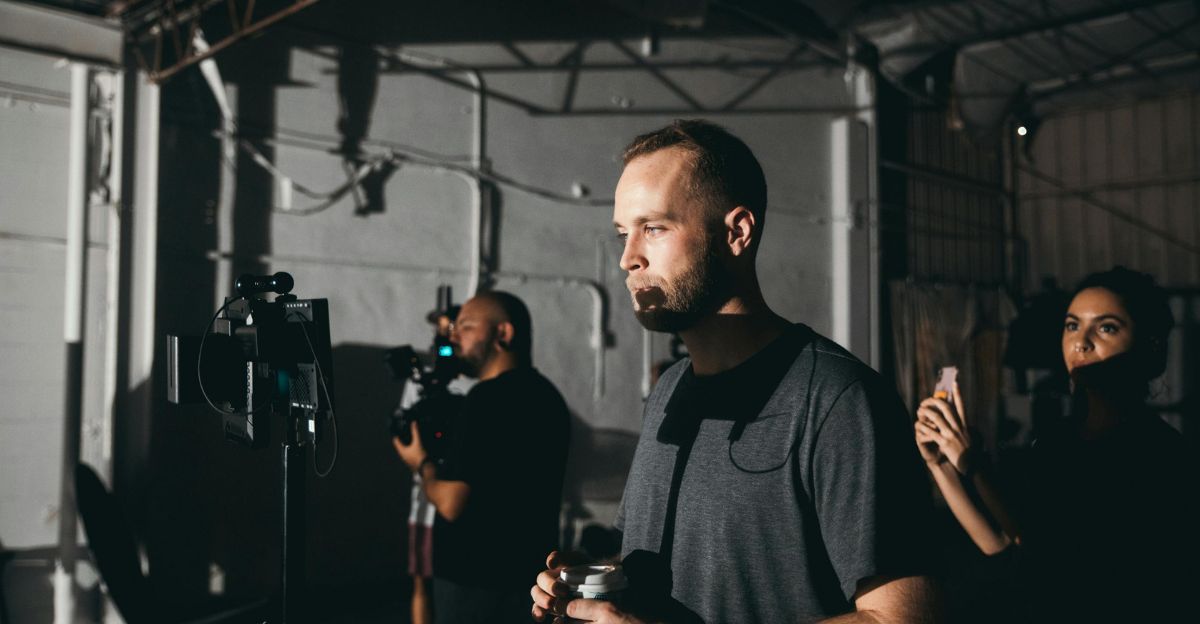
Independent filmmakers and LGBTQ+-led production companies emerged as unexpected winners, gaining leverage to pitch new biographical projects with built-in consultation frameworks.
Meanwhile, mid-tier studios suffered reputational setbacks, losing access to talent wary of controversy. Streaming platforms positioned themselves as community-responsive alternatives, strengthening their footing in biographical content acquisition.
Financial Market Speculation: Studio Stock and Insurance Effects

The Christy box office performance will be analyzed by investors as part of broader biographical film trends. Industry analysts continue to monitor biographical project performance as a portfolio consideration.
Standard insurance and completion bond practices remain in place. Should patterns emerge in biographical film performance, premium structures and underwriting criteria may be reviewed over time, though specific changes have not been announced.
Consumer Takeaway: Supporting Authentic Storytelling

Audiences seeking authentic biographical narratives are encouraged to research casting and consultation processes before purchasing tickets or streaming access.
Supporting independent and LGBTQ+-led productions directly funds alternative storytelling models. Viewers can amplify impact by engaging with media literacy initiatives that help evaluate authenticity and representation quality.
Industry Transformation in Progress
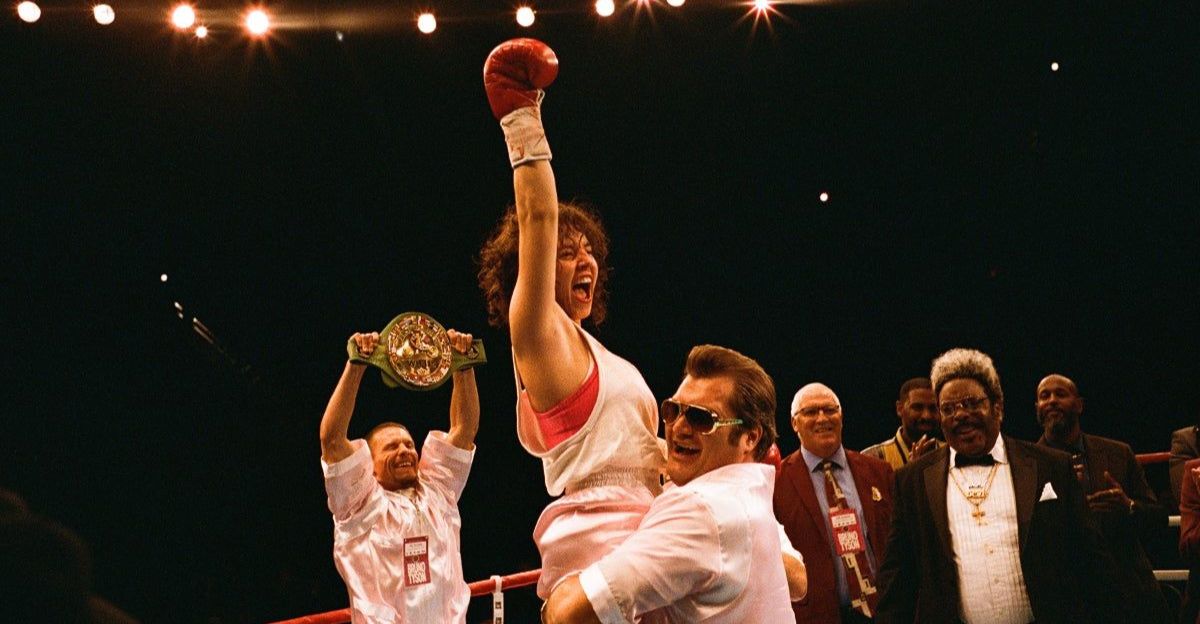
The Christy controversy marks a turning point where audience expectations and advocacy are reshaping Hollywood’s biographical film model.
Studios now face pressure to institutionalize consultation protocols, diversify creative leadership, and center marginalized voices in storytelling. The transformation extends beyond LGBTQ+ narratives to Indigenous, immigrant, and other historically excluded communities seeking authorship over their stories.
Ripples Converging Into Systemic Change
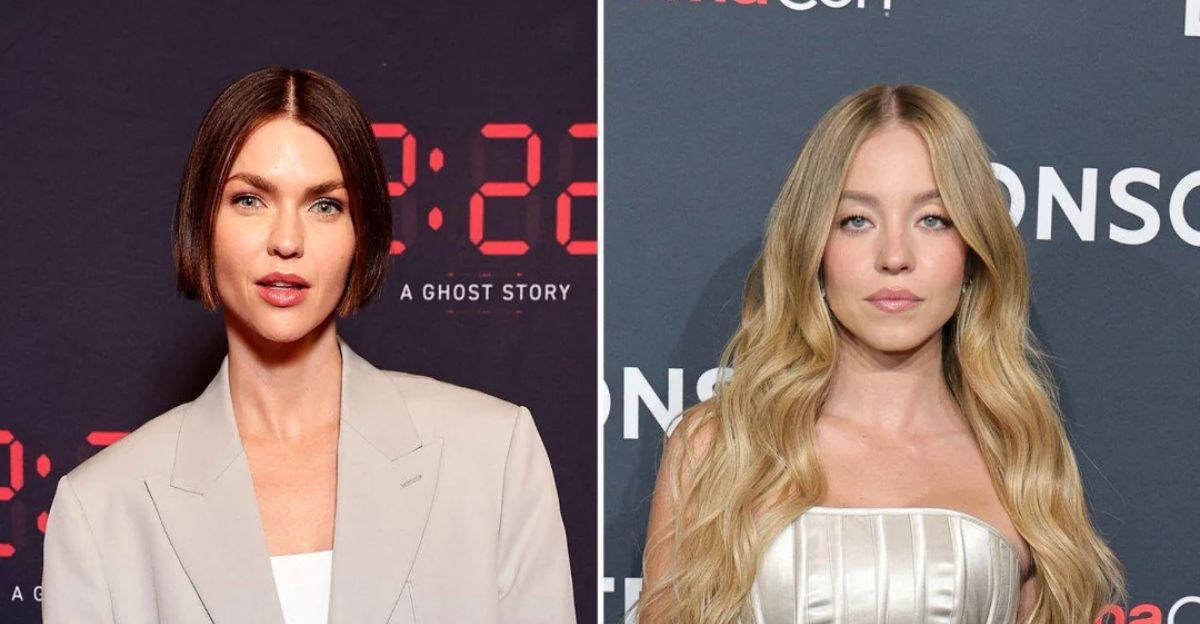
From Ruby Rose’s November 2025 social media outburst to Christy Martin’s defense of Sydney Sweeney, this controversy sent ripples across consumer behavior, corporate strategy, international markets, political advocacy, and cultural discourse.
The incident underscores how casting decisions in biographical storytelling now generate consequences far beyond box office returns—reshaping accountability, community power, and control over marginalized narratives in modern cinema.


